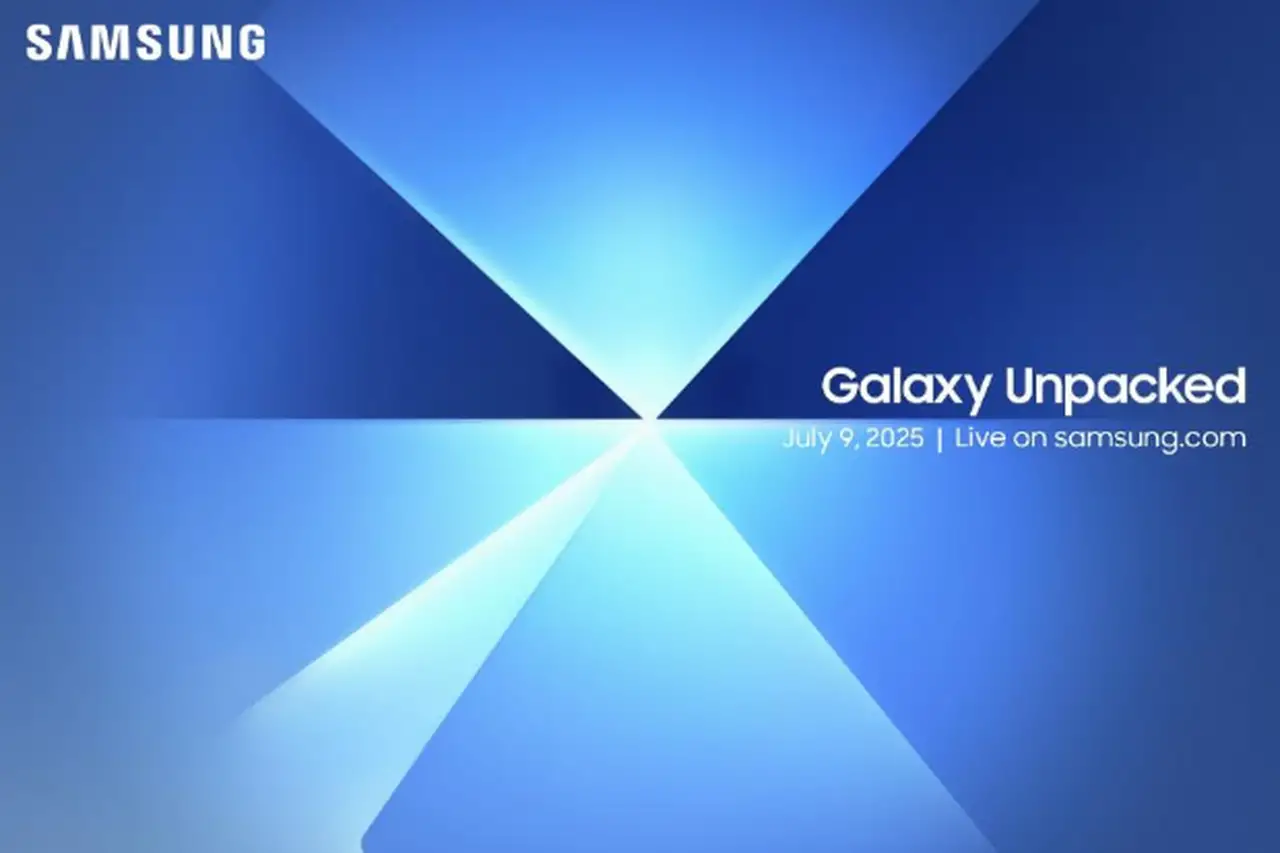
June 2025 is shaping up to be a landmark month for technology, with major product launches and innovations across electronics, artificial intelligence (AI), automotive, and other sectors. Companies are leveraging advancements in AI, connectivity, and sustainable materials to redefine user experiences and industry standards.
Electronics: The consumer electronics market is abuzz with the anticipated release of the Apple iPhone 17, which is rumored to feature a next-generation neural engine for on-device AI processing, a micro-LED display, and satellite connectivity. Samsung is also set to unveil its Galaxy Z Fold 6, boasting a thinner design and improved battery life, further cementing foldables as mainstream devices.
Artificial Intelligence: June will see the commercial debut of OpenAI’s GPT-5, promising more nuanced reasoning and multimodal capabilities. Google is expected to roll out Gemini 2, its next-gen AI model, integrated across Workspace and Android, enabling real-time translation, advanced summarization, and context-aware assistance.
Automotive: The automotive sector is witnessing a surge in electric and autonomous vehicle launches. Tesla’s Model 2, an affordable compact EV, is set for its global debut, targeting mass-market adoption. Meanwhile, BMW’s i7 will introduce Level 3 autonomous driving features in select markets, reflecting the industry’s push toward self-driving capabilities.
Other Sectors: In wearables, Fitbit Sense 3 will launch with advanced health sensors, including non-invasive glucose monitoring. The smart home market will see Amazon’s Echo 2025 with a new edge AI chip for faster, more private voice processing.
These launches underscore a broader trend: the convergence of AI, connectivity, and sustainability. According to IDC, global spending on AI-centric systems is projected to reach $300 billion in 2025, up 27% year-over-year. As June’s product debuts unfold, they are expected to set new benchmarks for innovation and user engagement across industries.
